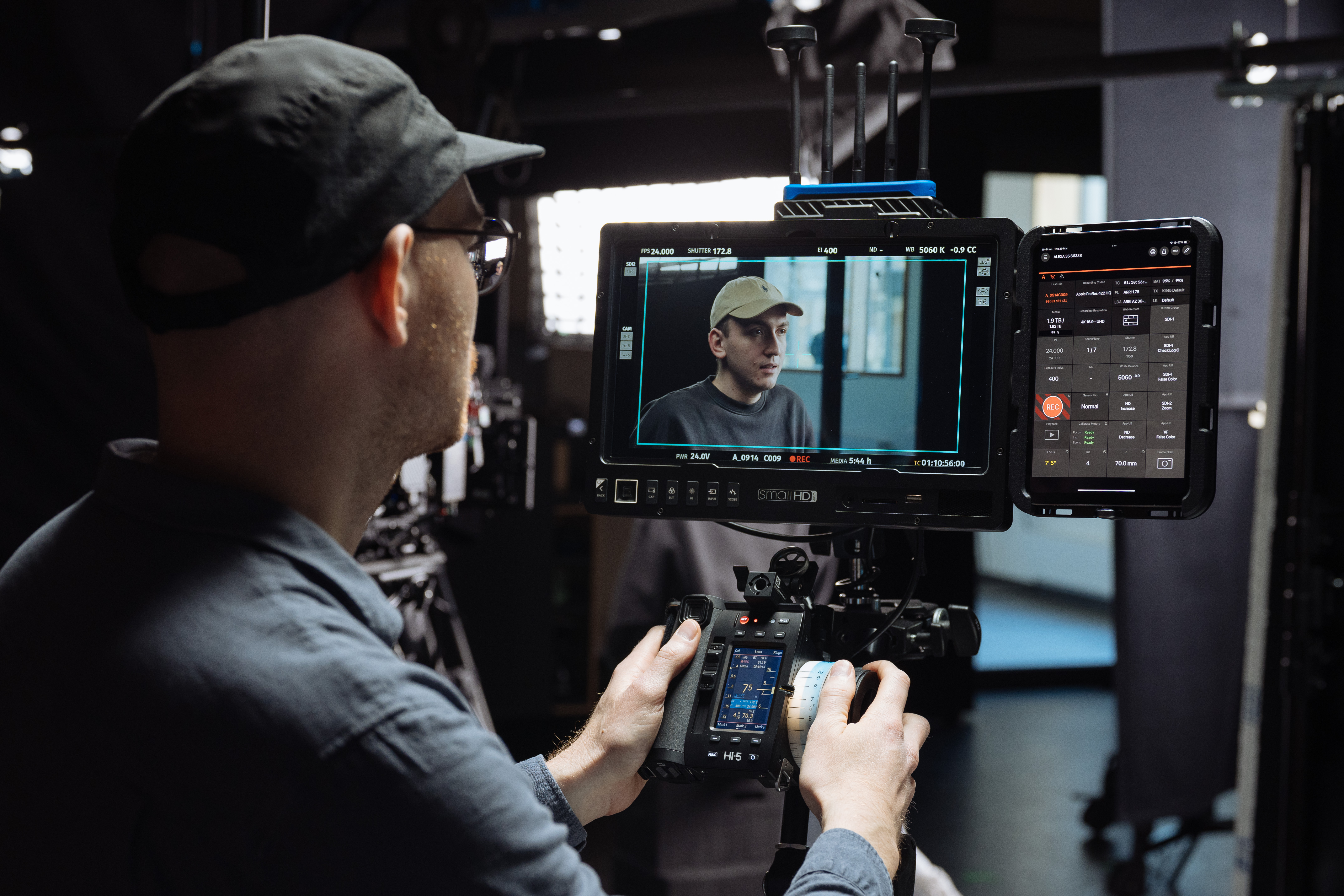Why the EBU is hot and bothered about blogging and tweeting
The EBU has a strong and proud history of standing up for its members, usually with total transparency and no pretense of doing anything else.
It was not too hard, then, to see why the organization has gotten itself worked up over tweeting and blogging, with President Jean-Paul Philippot issuing a warning on the EBU website against reliance on these two mediums for accurate news and information.
The ulterior motive would appear to be that EBU member broadcasters face losing eyeballs to the blogosphere and tweetdom as the public relies on those sources increasingly for news. After all, it is increasingly common for breaking stories to be reported first in a blog or tweet by some individual in the right place at the right time, with their smartphone ready to record the event.
Clearly broadcasters cannot match the coverage on the ground of the whole human population, or at least the increasingly large proportion that own mobile phones. But, this aspect of the modern digital era can surely be accommodated. Phillipot’s greater concern is over an erosion of demand for professionally gathered news, which really will affect the fate of EBU members. The wider fear is that the quality of news at the point of consumption will fall, with unpredictable consequences for public policy and even the whole fabric of social democracy. It may not be too hard for seasoned journalists to exercise judgment in sifting through tweets and blogs to separate the wheat from the chaff, just as they do when using Wikipedia or other Internet sources to check “facts."
But, the blogosphere is a wild place where wisdom and thoughtful analysis, while they exist, are overwhelmed by biased and ignorant comment of no value, and it requires a little experience to cut quickly to the chase and find what is worth reading.
Philippot echoed a point that has been made before, that high-quality journalism requires effort and investment, irrespective of the means of distribution, whether online or broadcast, whether read in a tweet or heard on the radio. He did, though, seem to gloss over the critical point, which is that, like it or not, tweeting and blogging are becoming major sources of news distribution. So, broadcasters need to roll down their sleeves and get stuck in. Some individual journalists have already done so to great effect, and it is notable that they gain much bigger followings than amateur writers tend to do, indicating that there is an appetite for high-quality writing and astute analysis. But the style, whether the material is text, speech, full audio/video or a mixture, needs to be geared to the medium in order to create a narrative about unfolding events.
Broadcasters need to engage more and encourage or even compel staff to target their audiences that way, as well as over the air. They cannot stick their heads in the sand and mope about loss of news-gathering standards.
Get the TV Tech Newsletter
The professional video industry's #1 source for news, trends and product and tech information. Sign up below.
